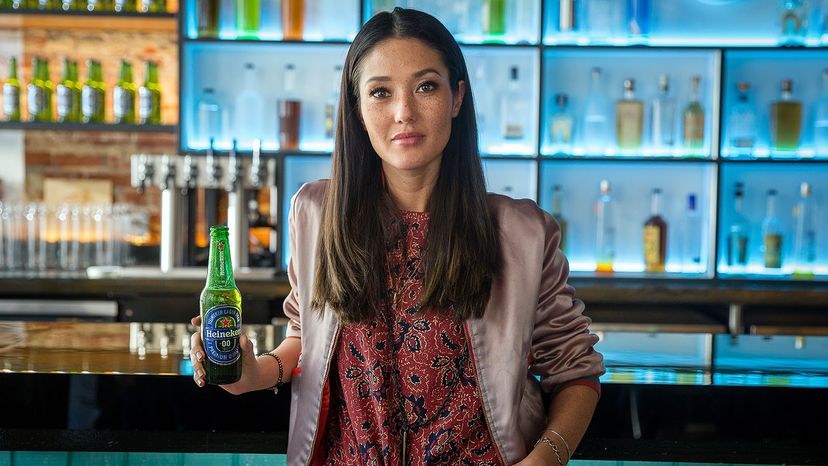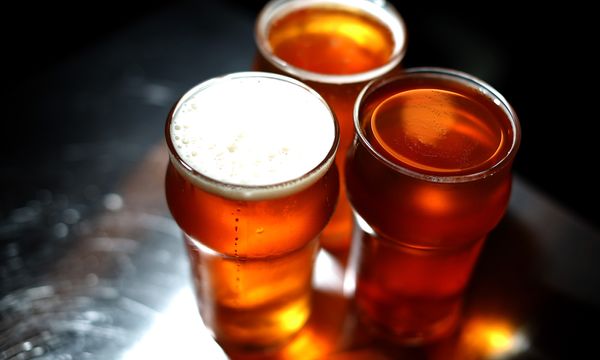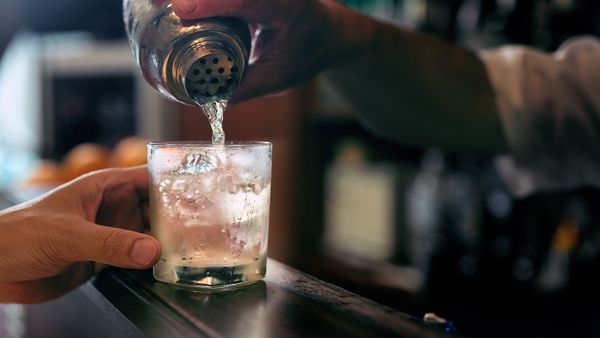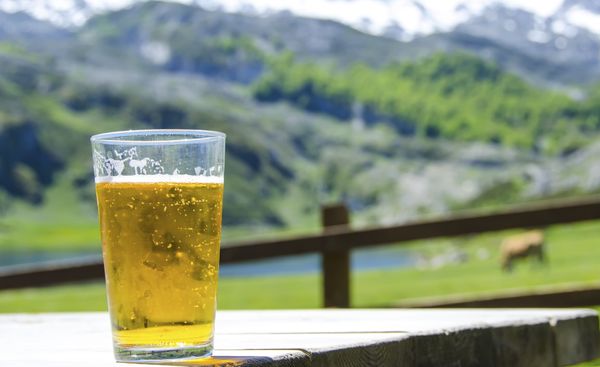"It's the beer that matters, not necessarily the alcohol," Jankoski says. After all, nonalcoholic beer often does contain trace amounts of alcohol. In the U.S., beers labeled "nonalcoholic" can legally contain less than 0.5 percent alcohol by volume (ABV), a fraction of what many traditional beers have. From the U.S. Food and Drug Administration (FDA):
Beverages such as soft drinks, fruit juices and certain other flavored beverages that are traditionally perceived by consumers to be "non-alcoholic" could actually contain traces of alcohol (less than 0.5 percent alcohol by volume) derived from the use of flavoring extracts or from natural fermentation. The FDA also considers beverages containing such trace amounts of alcohol to be "non-alcoholic."
The potential market of nonalcoholic beer drinkers could be huge. About 30 percent of people 18 or older in the U.S. did not drink alcohol in the past 12 months, according to the National Institute on Alcohol Abuse and Alcoholism.
Jankoski says one factor for fewer people drinking alcohol, and the growth in nonalcoholic beer's influence, is people are trying to live healthier. Heineken 0.0 boasts that it has only 69 calories per bottle. Traditional beers can have double to triple that amount.
"In general, when you remove the alcohol from beer, I think there's a lot of benefit there," Jankoski says. "Alcohol has calories. Alcohol itself is deleterious to any numbers of elements of life. If you want to get up in the morning and go for a run and you're out drinking the night before and you can enjoy flavorful beverages that both have reduced calories ... and also almost zero alcohol to them, you're going to be doing a lot better the next day or later on that night."
Jankoski says people could start a drinking session with alcoholic beer and then switch to nonalcoholic beer so they can drive or go to work the next day. "People want to be able to drink beer because it's so culturally relevant," he says, noting the social aspects of drinking with others. "But obviously, there's a certain responsibility angle to that as well."
There are of course lots of other reasons for people to avoid alcohol entirely: pregnancy, sobriety, religion, medical conditions.



